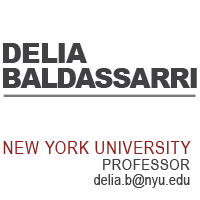ABSTRACT: Communities often rely on sanctioning to induce public goods contributions. Past studies focus on how external agencies or peer sanctioning induce cooperation. In this article, we focus instead on the role played by centralized authorities, internal to the community. Combining “lab-in-the-field” experiments with observational data on 1,541 Ugandan farmers from 50 communities, we demonstrate the positive effect of internal centralized sanctioning authorities on cooperative behavior. We also show that the size of this effect depends on the political process by which authority is granted: subjects electing leaders contribute more to public goods than subjects who were assigned leaders through a lottery. To test the ecological validity of our findings, we relate farmers’ behavior in the experiment to their level of cooperation in their community organization. We show that deference to authority in the controlled setting predicts cooperative behavior in the farmers’ natural environment, in which they face a similar social dilemma.

